Trending Now
Thursday, Nov, 2024
Home / IIT Jodhpur Explores the Potential of Snake Venom in Combating Antibiotic Resistance
IIT Jodhpur Explores the Potential of Snake Venom in Combating Antibiotic Resistance
The innovation behind SP1V3_1 involves repurposing snake venom's natural antibacterial attributes. Researchers focused on retaining these valuable properties while eliminating the venom's toxic components, resulting in a safe and highly effective antimicrobial peptide.SP1V3_1 operates by utilizing a......
 by Pragti Sharma /
by Pragti Sharma /  18 Sep 2023 20:24 PM IST /
18 Sep 2023 20:24 PM IST /  0 Comment(s) / 133
0 Comment(s) / 133

Image Courtesy : www.facebook.com/IITJOfficial
Researchers at the Indian Institute of Technology, Jodhpur (IIT Jodhpur), have achieved a significant breakthrough in the battle against antibiotic-resistant bacteria. They have developed a groundbreaking antimicrobial peptide named SP1V3_1, drawing inspiration from the potent antibacterial properties found in snake venom. This peptide exhibits remarkable capabilities in neutralizing gram-negative and gram-positive bacteria, offering a promising solution to the escalating problem of antibiotic resistance.
The innovation behind SP1V3_1 involves repurposing snake venom's natural antibacterial attributes. Researchers focused on retaining these valuable properties while eliminating the venom's toxic components, resulting in a safe and highly effective antimicrobial peptide.SP1V3_1 operates by utilizing a helical short peptide structure that enables it to efficiently penetrate bacterial cells, subsequently leading to their destruction. This approach not only circumvents bacterial resistance but also demonstrates versatility by effectively targeting a broad spectrum of bacteria. Key pathogens like E. coli, P. aeruginosa, K. pneumoniae, and MRSA are among the bacteria vulnerable to SP1V3_1's biocidal abilities.
The implications of this research are profound. SP1V3_1 not only offers a potential solution to antibiotic resistance but also presents itself as a versatile candidate within the medical community. Dr. Surajit Ghosh, the lead researcher, envisions a future where SP1V3_1 could be developed into a marketable pharmaceutical product following the necessary clinical trials. This could involve its use as an essential component in wound disinfection and healing ointments or as an injectable/oral drug for systemic administration.
This groundbreaking work has already taken significant steps towards recognition and implementation. It has been provisionally e-filed for patenting in India and has received grants from organizations such as SERB, India, and the SEED grant at IIT Jodhpur.
Beyond its current applications, SP1V3_1 holds the potential for further exploration. Its antimicrobial and immunomodulatory motif, FLPII, suggests that it may be investigated for antiprotozoal, antifungal, and even anticancer properties in future studies.
In summary, the development of SP1V3_1 is a remarkable achievement in the field of antimicrobials. It not only addresses a critical global health concern but also opens doors to a myriad of potential medical applications, marking a significant milestone in the fight against antibiotic resistance.

EShort / February 16, 2024
IMS Noida Admissions 2024: Apply for UG, PG programmes

EShort / February 16, 2024
GATE 2024: Response sheet out

EShort / February 16, 2024
BSSTET 2023: Admit card released

EShort / February 16, 2024
NID DAT 2024: Prelims result released

EShort / February 16, 2024
IIT JAM 2024: Response sheet released

Jobs / February 16, 2024
UPSC Recruitment Drive 2024: Apply for 120 vacancies in various departments

EShort / February 14, 2024
UPSC CSE 2024: Official Notification issued; application process begins

Editor's Desk / April 17, 2020
How Does Society Impact Our Education?

Current Affairs / April 22, 2020
Mr. Sudarsanam Babu appointed to U.S. Science Board.

Reforms / April 17, 2020
Traditional Structure of Education In India
.jpg)
Events & Seminars / April 17, 2020
PISA!!

Blog / February 26, 2021
Government's Action On #ModiRojgaarDo

EShort / May 19, 2022
CUET PG 2025 has started the registration process.

Notice Board on Important Dates / April 21, 2020
World Heritage Day

News / July 08, 2021
JEE Mains Registration For Session 3: Last Date To Apply

EShort / December 14, 2021
UPSC Declared Final Result For DCIO Recruitment


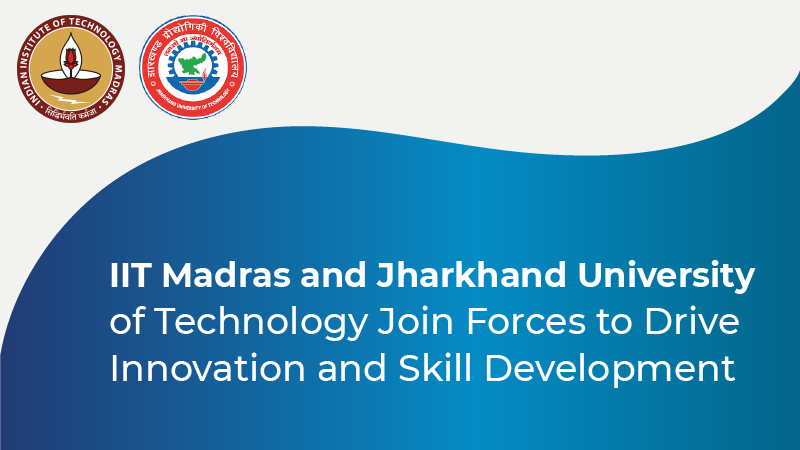
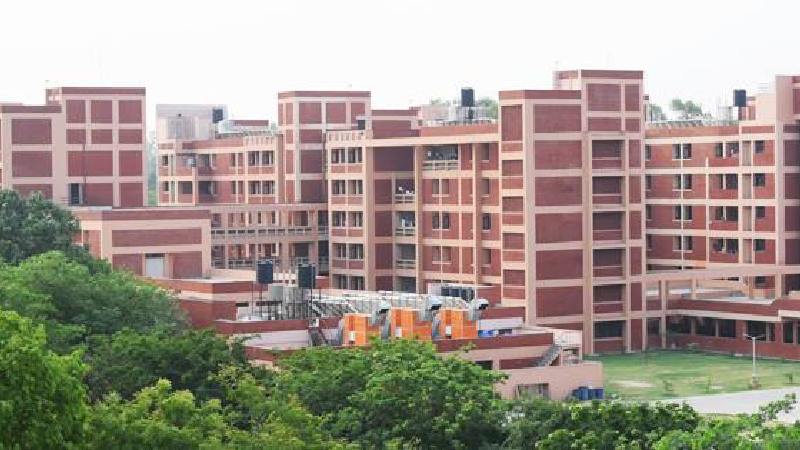
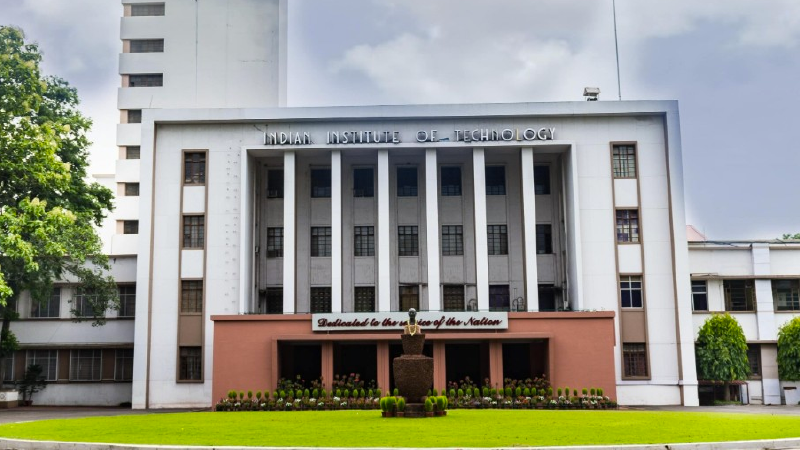


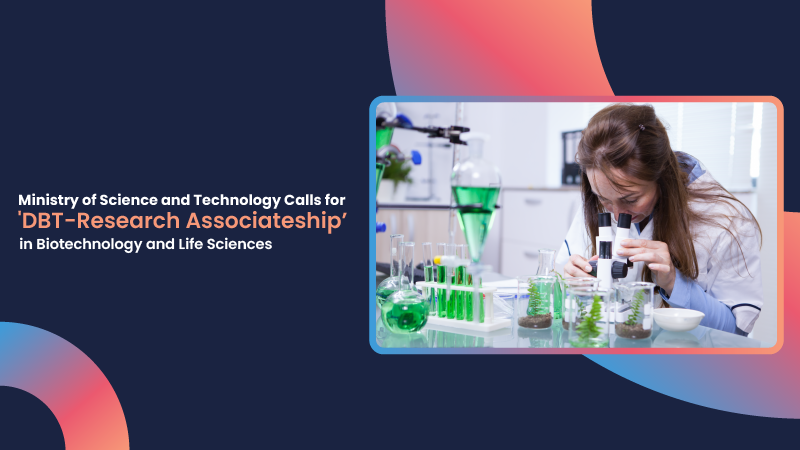



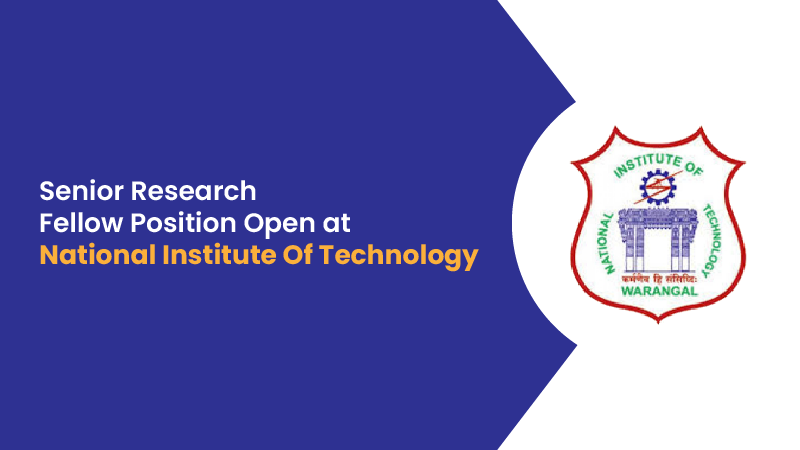
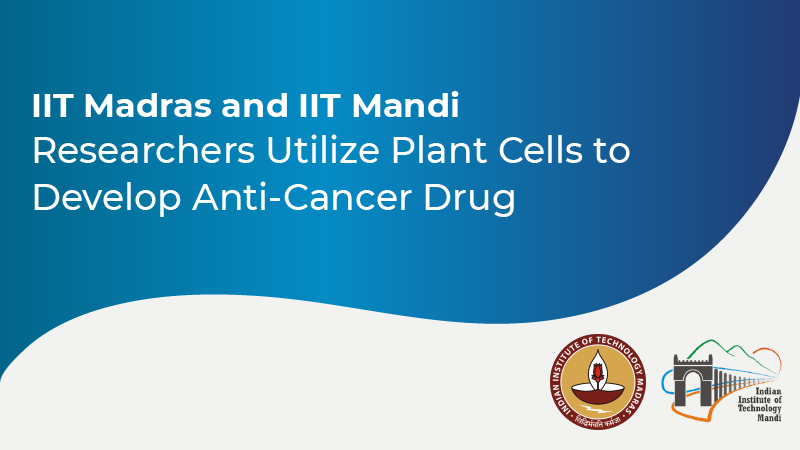
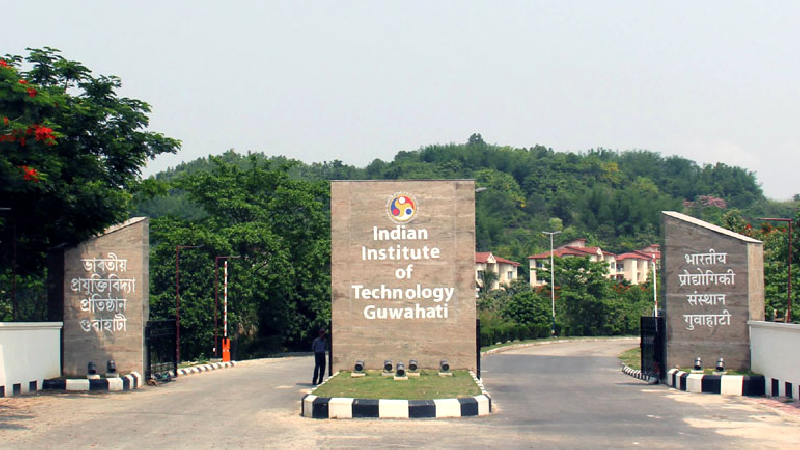
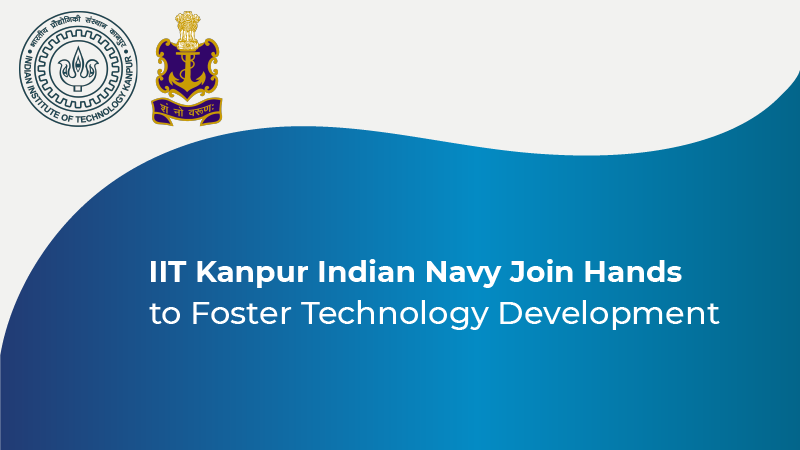






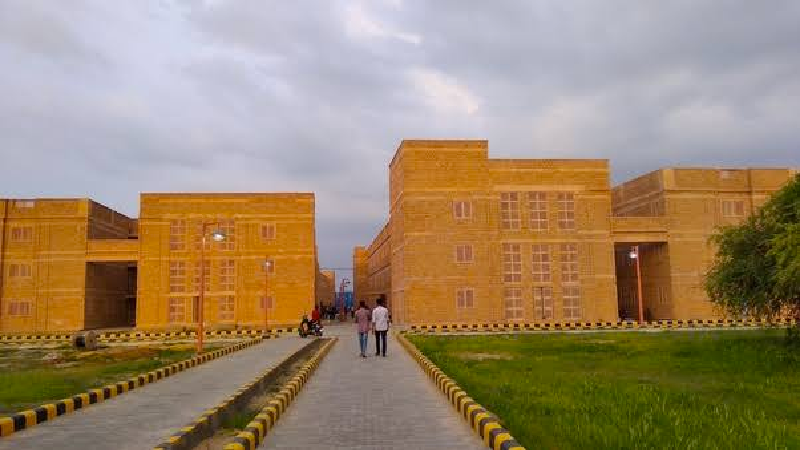

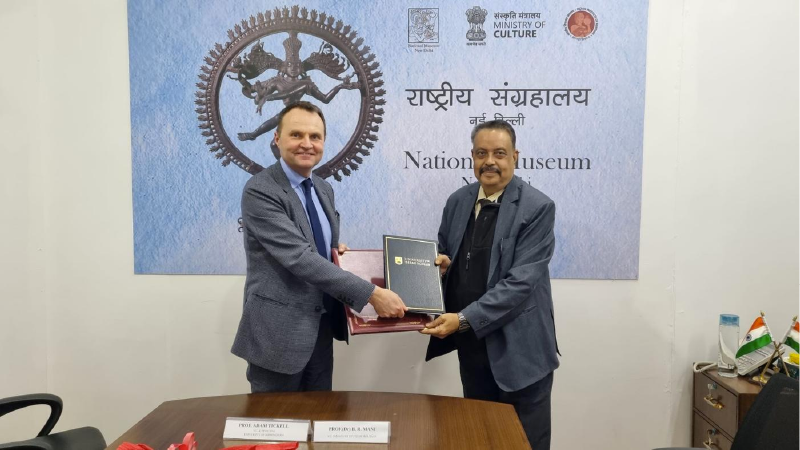
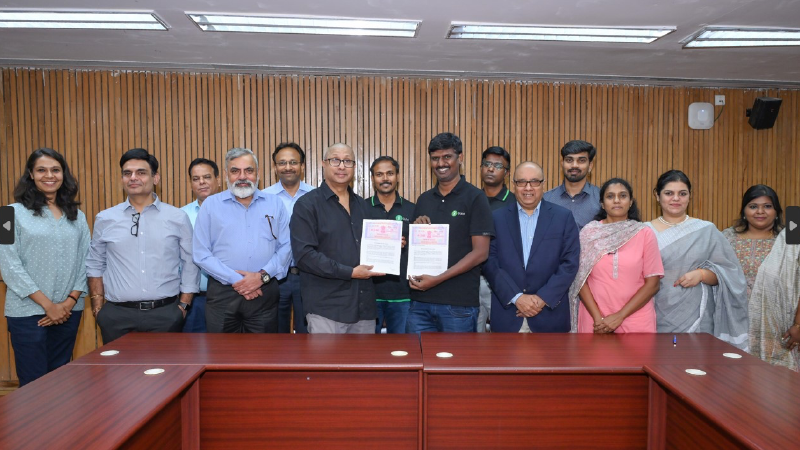
0 Comments
Post Comments